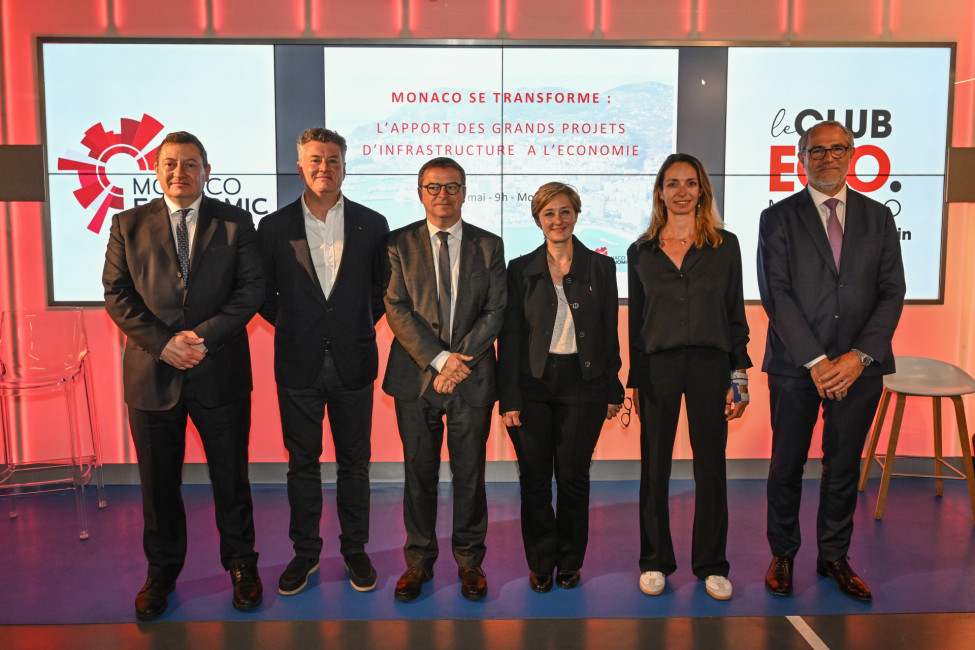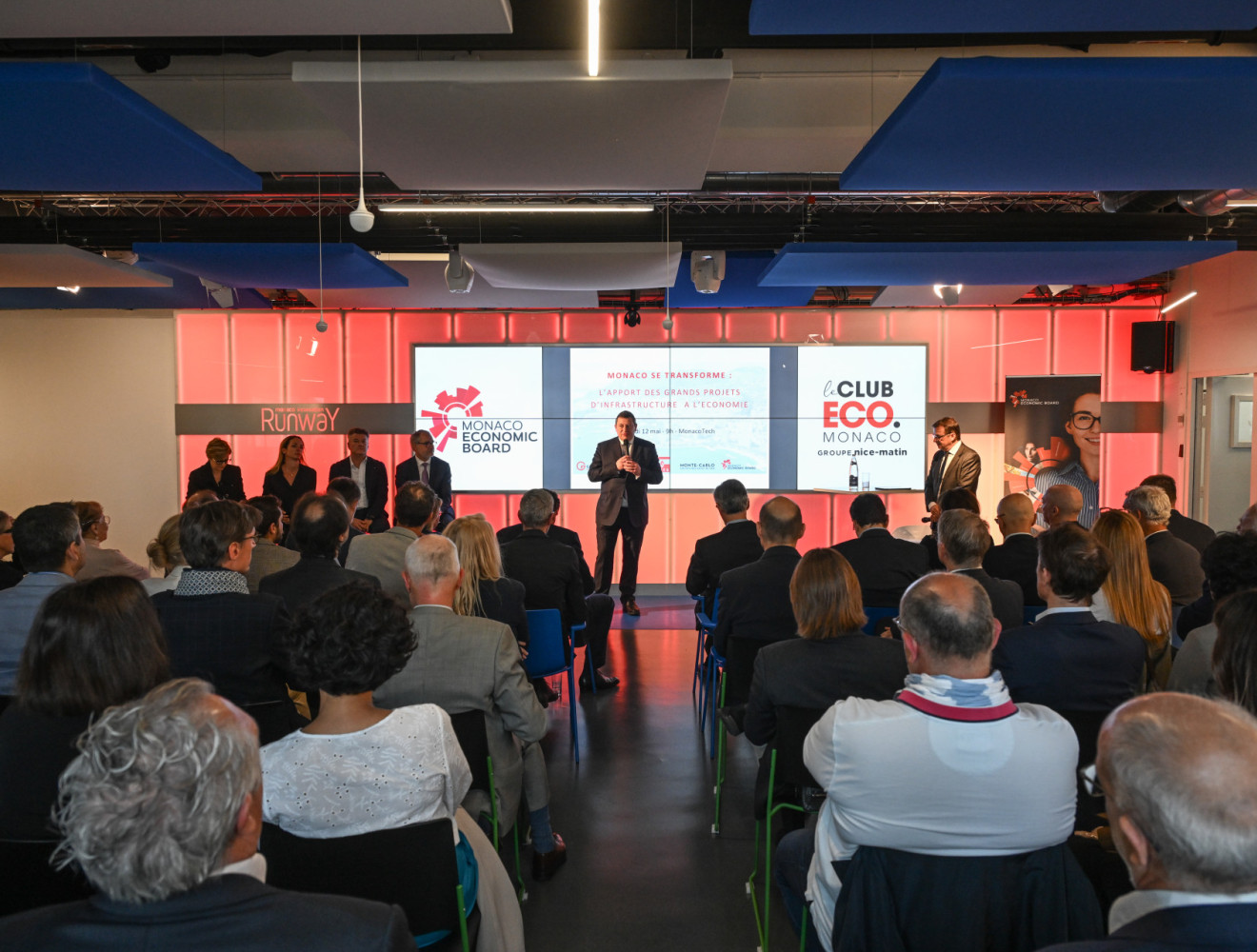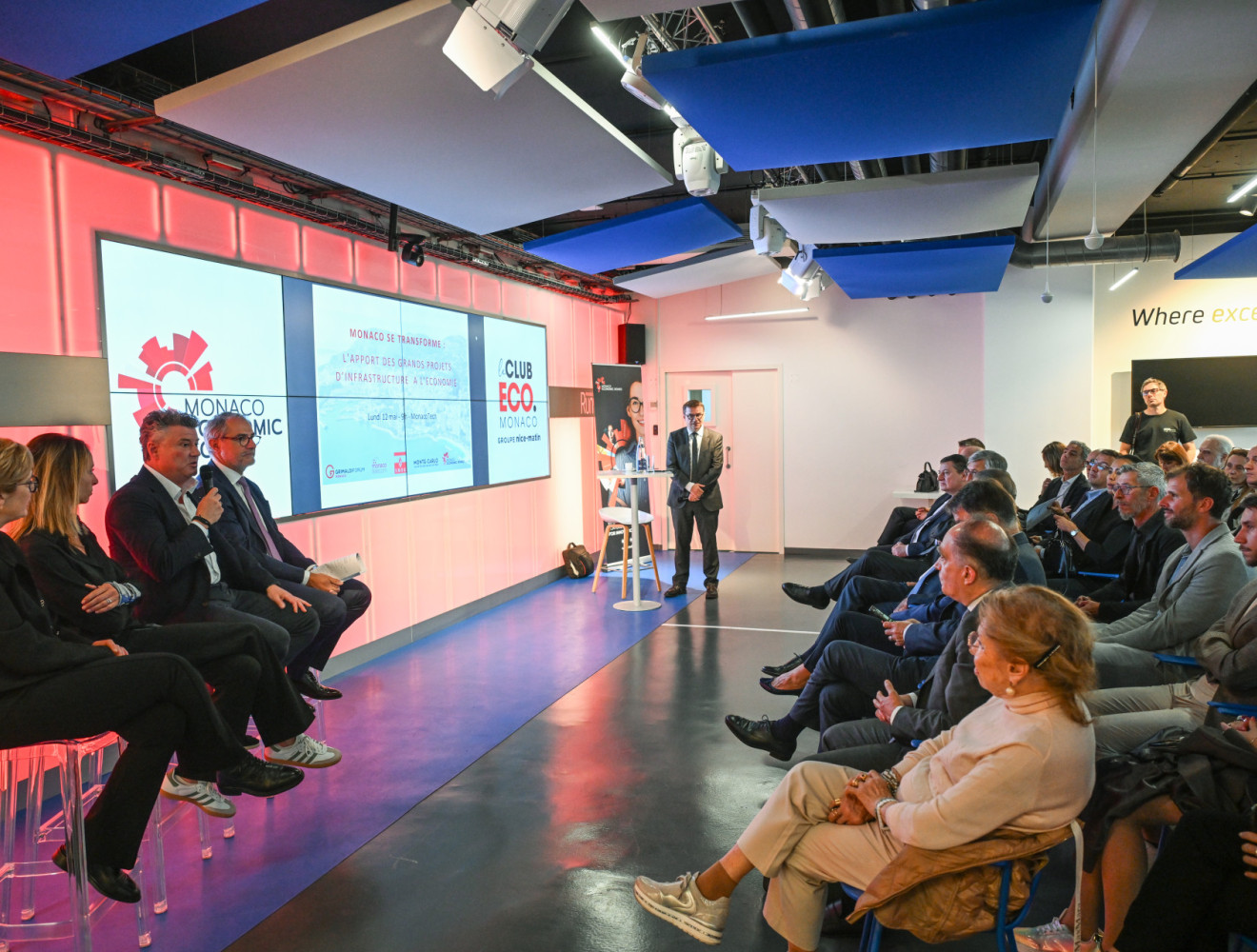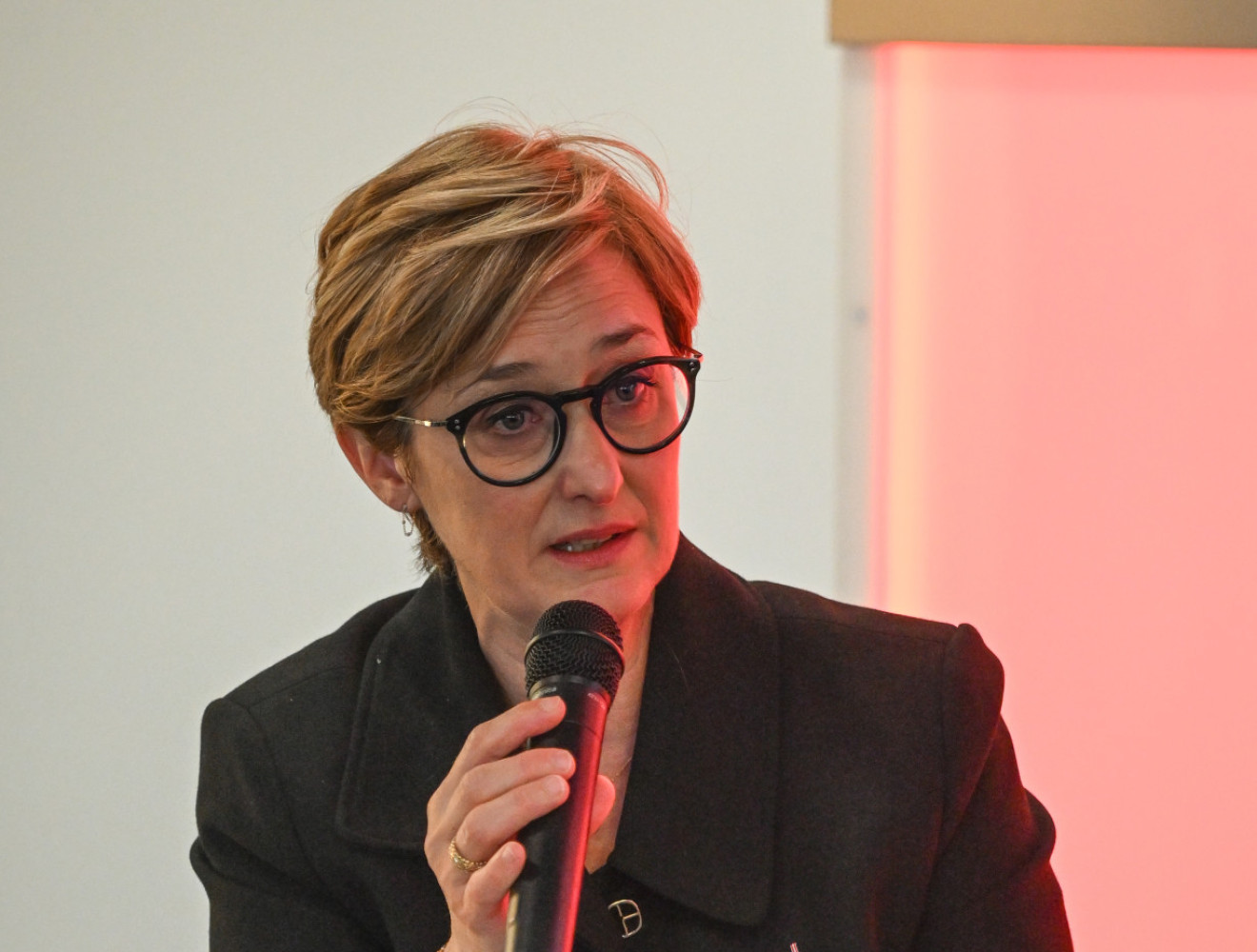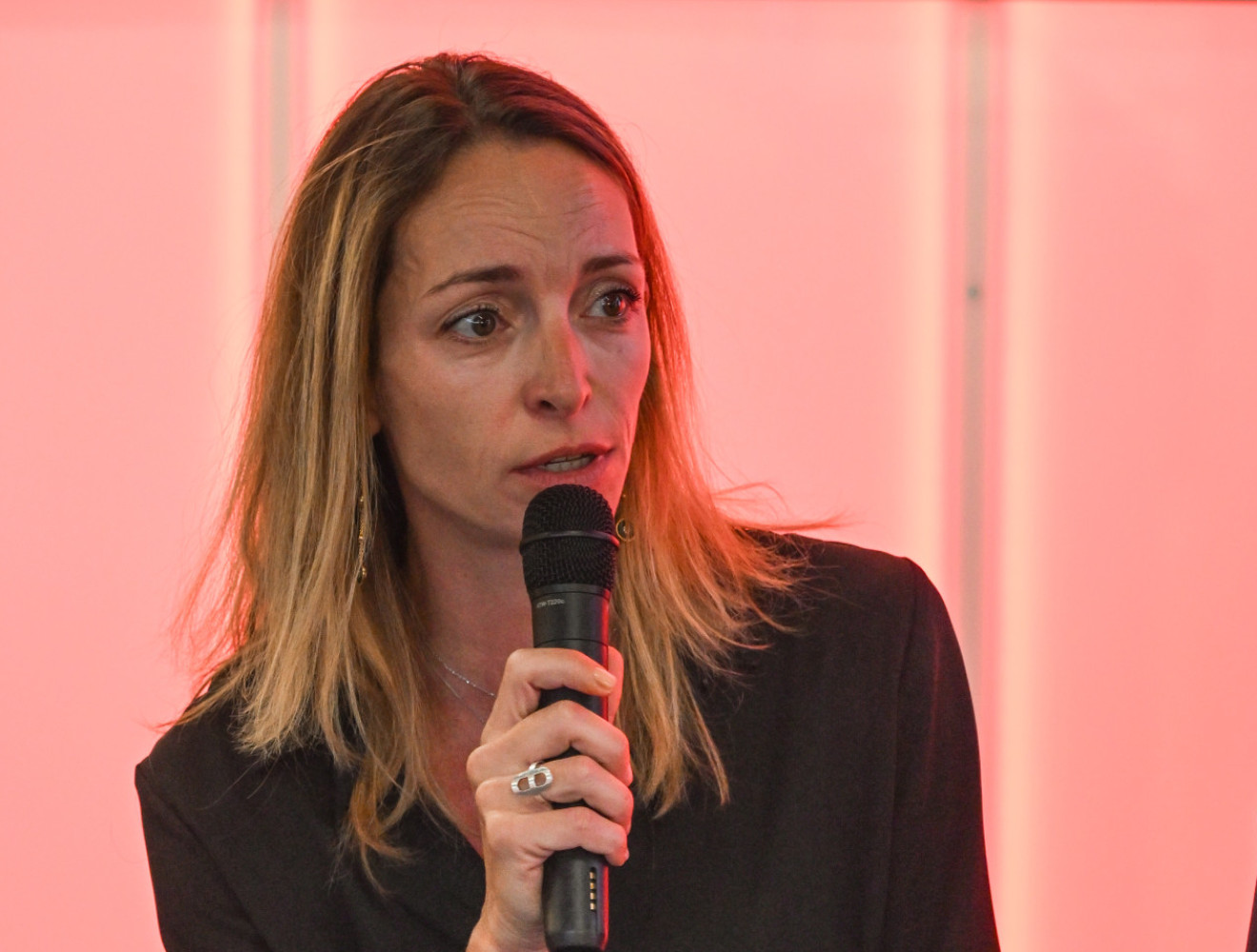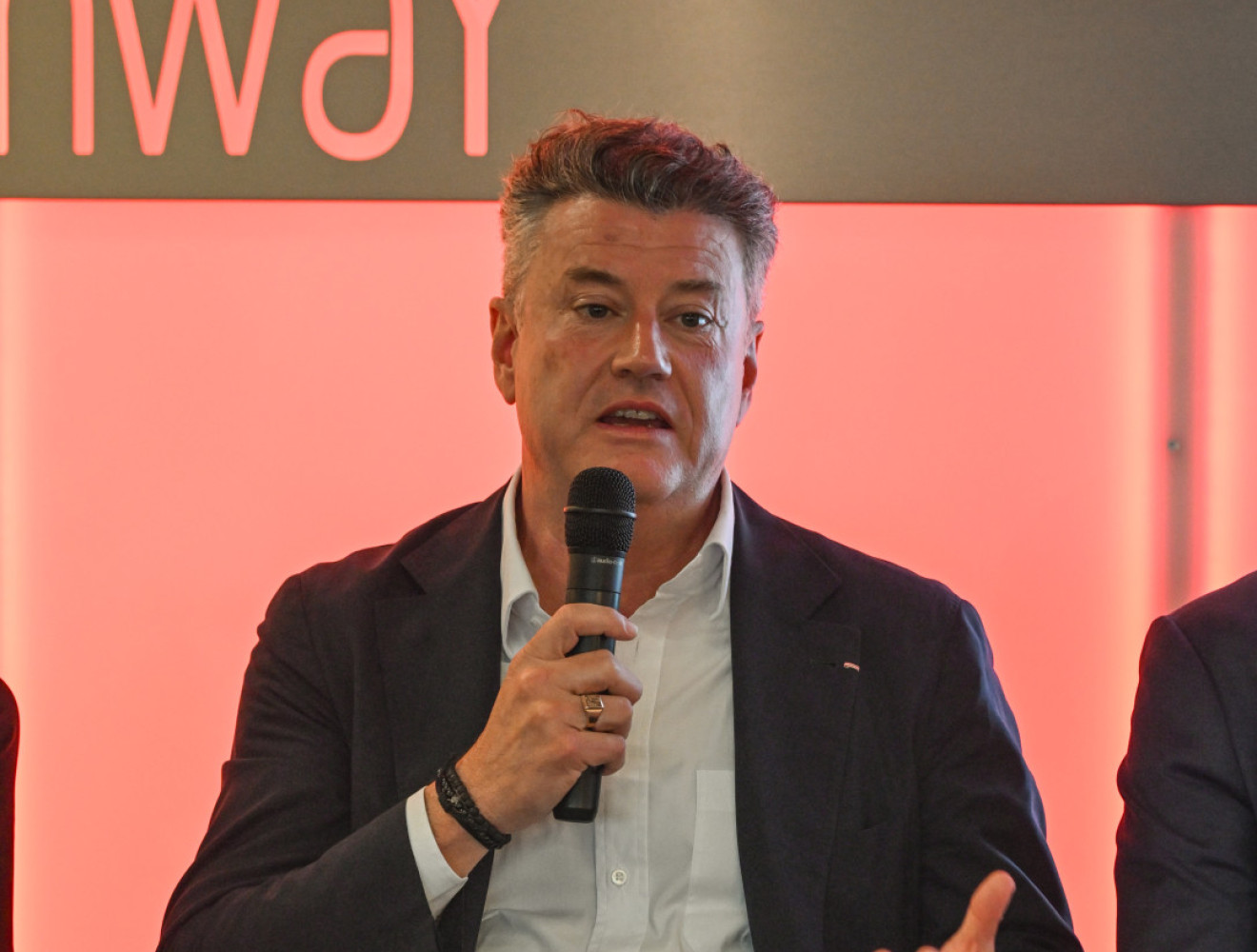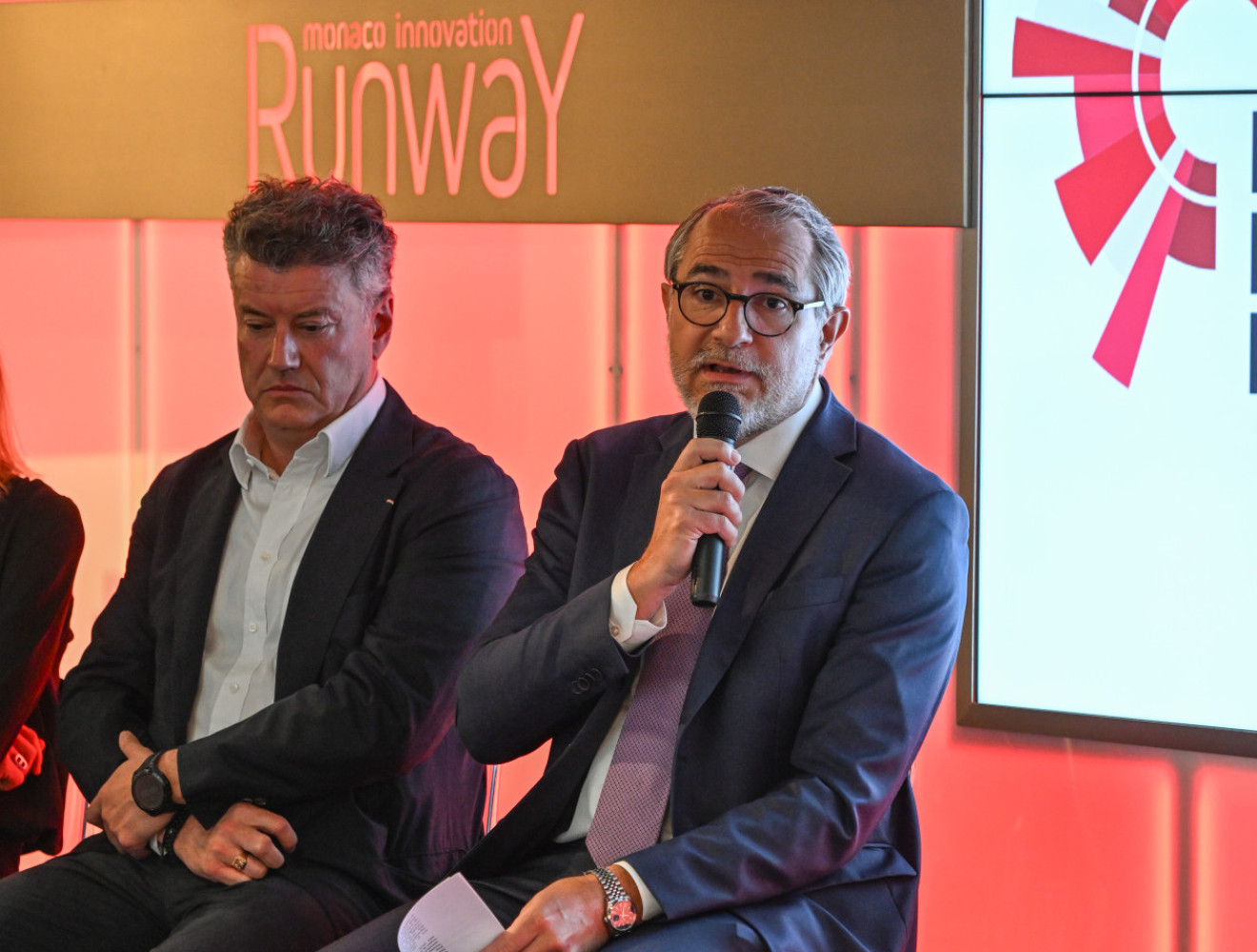Club Eco Monaco Emphasises the Role of Major Infrastructure Projects in Monaco's Economy
On Monday, 12 May, at MonacoTech, the Monaco Economic Board and the Nice-Matin Group hosted a conference titled "Monaco is Transforming: The Contribution of Major Infrastructure Projects to Monaco's Economy" as part of Club Eco Monaco. A panel of key stakeholders discussed this transformation, which reflects new ambitions.
"What would Monaco be without the Casino and Golden Square, without Fontvieille? It wouldn't be the Monaco we recognise. Thanks to past and present infrastructure, Monaco is evolving." With this, Guillaume Rose, Executive General Manager of the MEB, initiated a discussion moderated by Denis Carreaux, Editorial Director of the Nice-Matin group, alongside a panel of key stakeholders.
Céline Caron Dagioni, Government Councillor - Minister of Equipment, Environment and Urban Planning, outlined how public procurement benefits new infrastructure. These projects mobilise 38% of the State budget and directly boost its revenues (VAT, social charges, profit taxes), positively impacting local companies preferred by private operators, some of whom are Monegasque. "One euro of public procurement is one euro that will multiply across various sources of income for the State and thus ensure its social model," she emphasises.
Olivier Bernard, Director of Real Estate Development at SBM Monte-Carlo, discussed the substantial efforts made by the Principality's largest private employer since 2014 in restructuring Monaco’s Golden Triangle, including the new One Monte-Carlo complex, the Hôtel de Paris, the Café de Paris, and the Place du Casino. This transformation generated jobs and VAT during construction and now adds 20 million euros in VAT from increased activity. "This renovation has thus, for example, made it possible to increase the average price of a room at the Hôtel de Paris from 380 to 740 euros over 10 years, and in rental property, turnover has risen from 28 million to 135 million euros," specifies Mr Bernard.
This conference addressed the Mareterra sea extension, a flagship project aimed at attracting high-income residents. Coordinated with the State, it involved 300 companies and over 5,000 employees, totalling 11 million hours worked. Construction continued during the COVID-19 pandemic and was completed six months ahead of schedule, demonstrating exemplary environmental practices. Guy-Thomas Levy-Soussan, Managing Director of SAM L'Anse du Portier - Mareterra, states that "this extension is part of the Princely family's vision of more than a century, which consists of expanding Monaco's territory peacefully for its development (...) the Sovereign, who possesses an acute ecological conscience, dared to carry out this project which seemed impossible: to design a reasonable sea extension."
Finally, another emblematic project in recent years was the future Princess Grace Hospital Centre (CHPG). Director Benoite Rousseau de Sevelinges highlighted its importance in Monaco's ecosystem, as the third-largest employer, spending 25 million euros on Monegasque suppliers annually. The new hospital has a direct impact on the Principality's attractiveness. "We have exceptional technical facilities and medical expertise compared to other European countries; however, the current building is old and lacks coherence (...) The new hospital will meet the needs of residents and attract those we seek to bring to Monaco through innovative healthcare offerings," emphasising health as a key pillar in enticing wealthy individuals to settle in the region.
Céline Caron Dagioni stated, "All these projects enhance the Principality's image as a nation that invests in its development and equips the territory to face tomorrow's challenges."
